We are glad you are taking an active role in supporting your student’s exploration of off-campus life and we hope the information on this website can be useful for both you and your student.
A few tips for family members:
- Engage your student in a conversation about living on and off-campus early on in their undergraduate experience. They are likely to start hearing about off-campus almost immediately after starting their first year, and it is important that you have had some conversation about shared expectations before they call you with an off-campus lease in hand. Our University philosophy (which is supported by educational research) is that undergraduate students are best served and supported in their academic pursuits by living on-campus for their first two years.
- Get familiar with the resources on this site. There is information on this site and through consultation appointments with our staff, related to a number of content areas that are important for students to consider before they decide to live off-campus. You and your students should think through costs, location, roommate/housemates, safety and security, and transportation factors (among many others) before making a final decision about when or if to move off-campus.
- Strongly encourage your student to take leases to Carolina Student Legal Services for review before they sign it.
A note about “early” lease signing
While there is certainly a marketing element to the pressure students feel to sign leases early, a significant factor is the student-driven expectation that “you need to sign now.” In addition to our philosophical belief that most students benefit from at least two years of living on-campus, we share family concerns about students signing leases to live with other students that they barely know and signing leases before a fully informed discussion has happened about all of the factors mentioned above which influence a decision to live off-campus. Our advice is simple: Take a proactive position, be part of the conversation, encourage thorough information gathering, and set shared expectations with your student about the decision-making process.
A note about the benefits of living on campus
This is what we know about living on campus, and why we promote staying on campus for at least the first two years of a student’s undergraduate career:
- It is educationally beneficial. National and on-campus data shows that students who live on campus are more likely to persist and thrive in college, and are more satisfied with their overall college experience than their off-campus counterparts.
- It is affordable. When you compare a nine-month, on-campus housing contract, which includes all utilities and use of fitness facilities and other amenities, to the average range of costs associated with a 12-month off-campus living situation, UNC-Chapel Hill’s residence hall options are often the same rate or less expensive.
- It is convenient. From laundry services and dining options to fitness facilities and proximity to classes and co-curricular activities, living on campus makes busy college life simpler for students at a time when they are just learning to live more independently away from home
- It is secure. There is a resident advisor on duty every night. UNC Police officers patrol campus and respond to calls 24 hours a day. All residence halls require a Flexpass to gain entry 24 hours a day. Alert Carolina monitors and responds to any major emergency, safety or health threat on campus.
